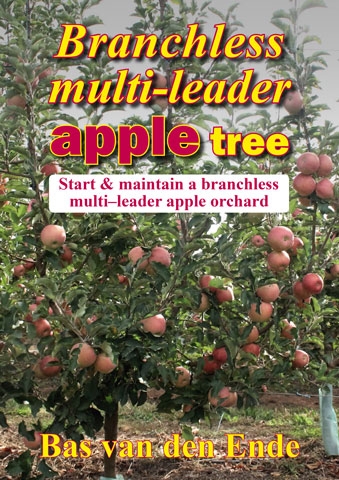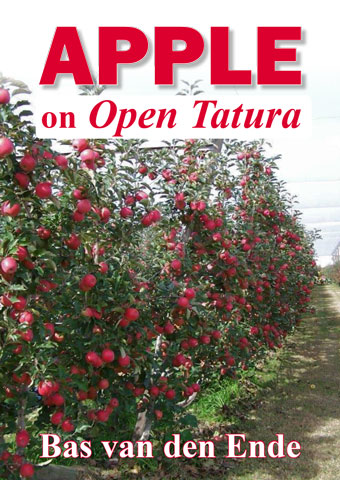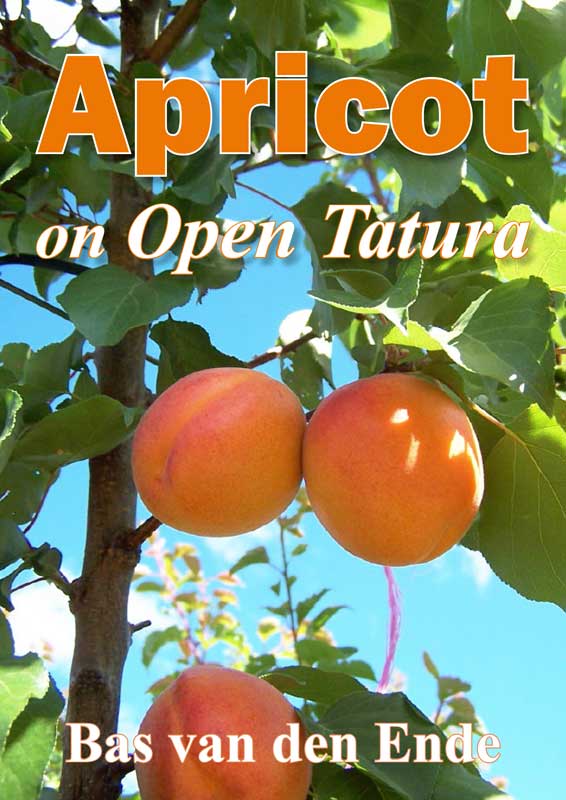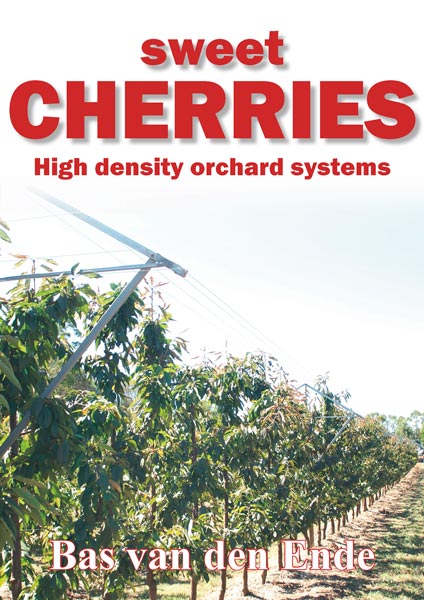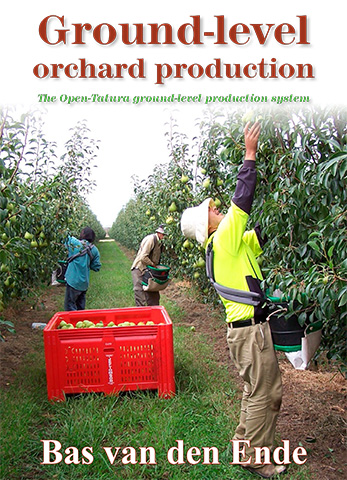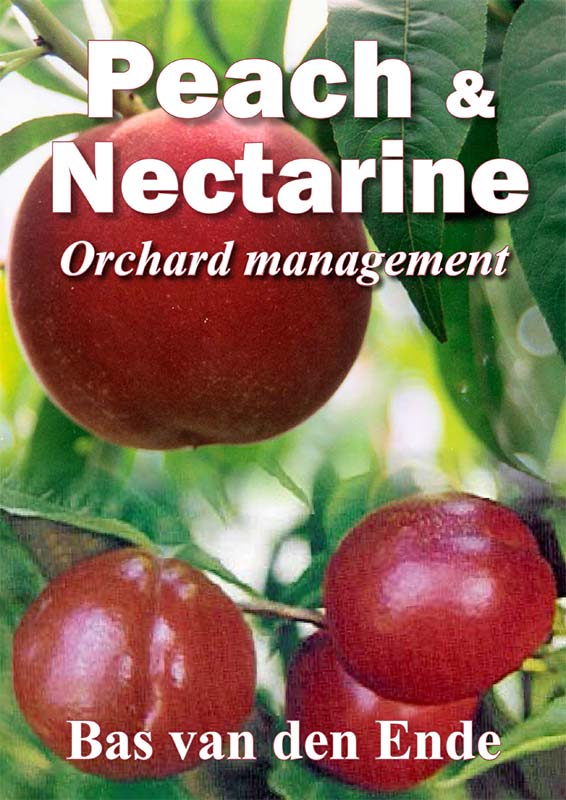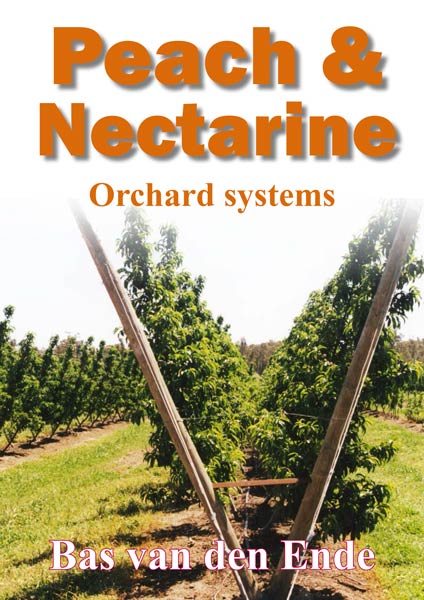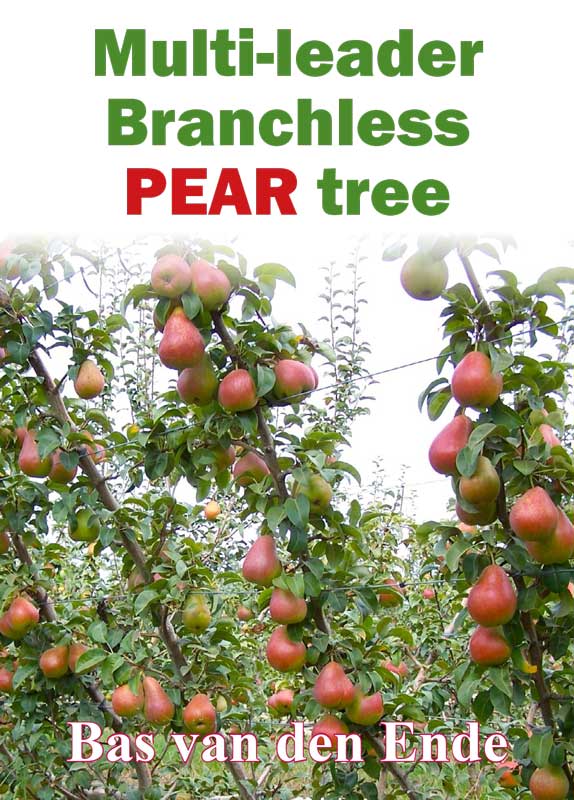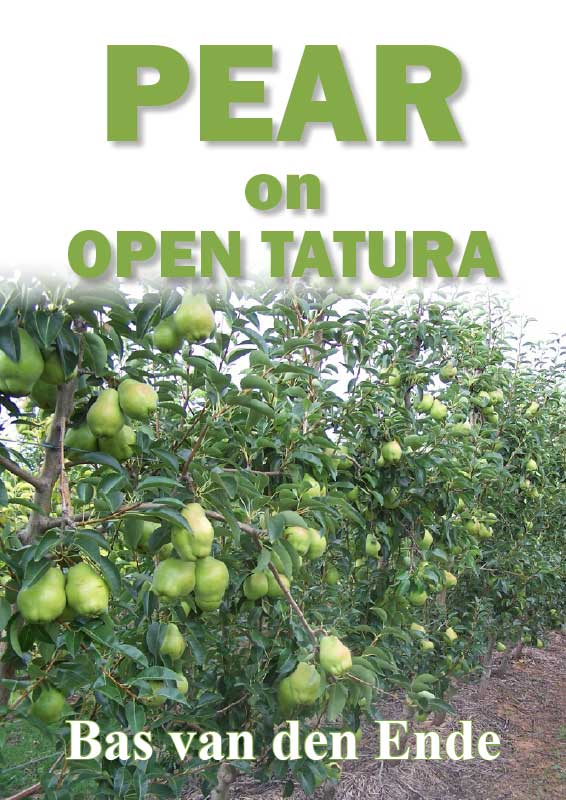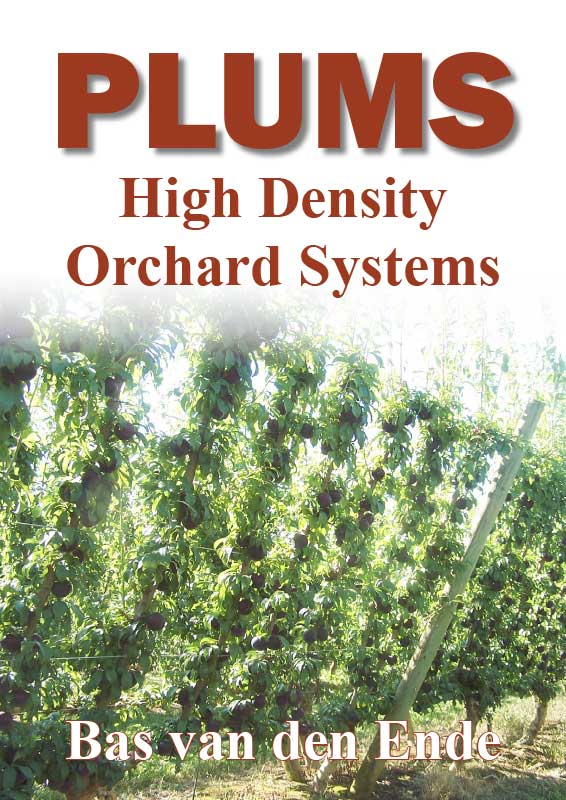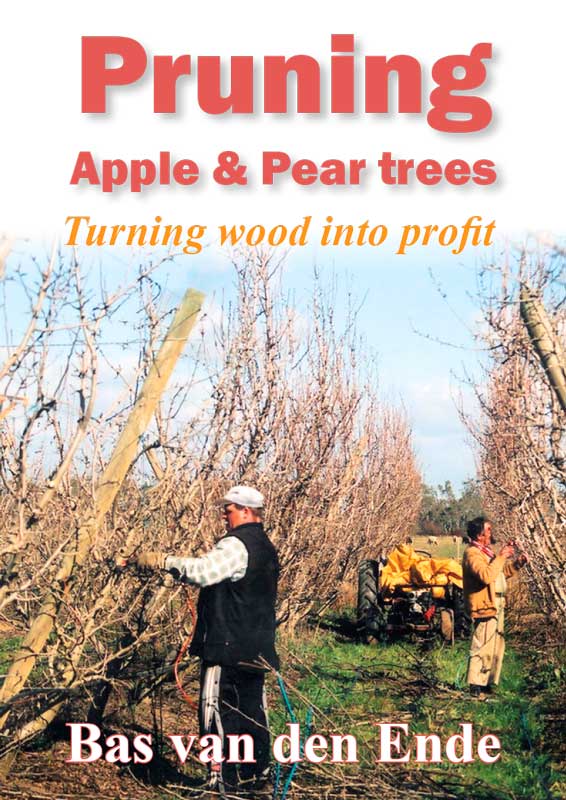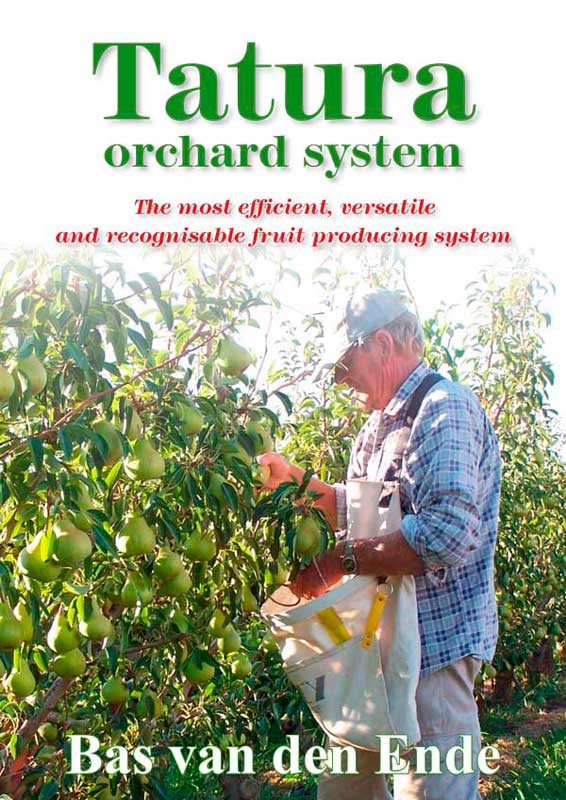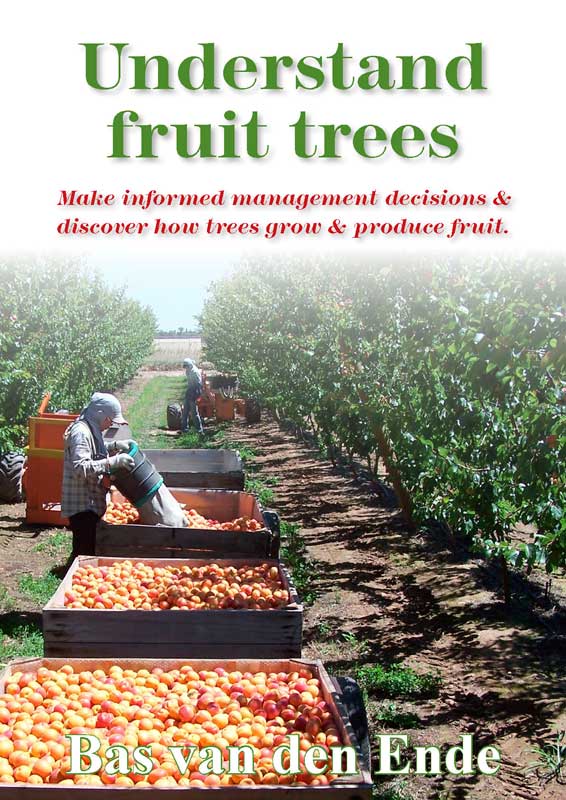Take time to collect information: From an economic standpoint, succession and estate planning must be founded on good information; particularly - but not exclusively - economic data.
Each family needs to understand:
- The value of net worth now—is there a sufficient asset base upon which to plan the long-term needs of two or more families?
- Average annual profitability—can it support personal and business needs?
- The expectations for the non-farming siblings. These need to be described and quantified. Can the business afford to pay these?
Determining responses to these questions does not take long, but if a process is put in place without any regard for the economic data there is increased potential for an unsatisfactory outcome.
Leaving a viable orchard
One option for parents is to sell the orchard when they are ready to retire. However, many families usually wish for the business to be continued by the next generation; hence the need to plan succession.
A critical element is that the orchard business taken up by the son must be a viable operation. That is, it must have the ability to pay up to two (the parents as well) sets of living expenses at about $50,000 each, service debt interest, repay capital loans and reinvest in the business for future sustainable production.
Any distribution of assets to non-farming siblings that removes too much cash from the business has the potential to undermine business viability and this provides no future to the son who comes home.
It is usually not feasible for the son to buy the farm from his parents; this simply adds more external debt to the business. One option through estate planning is to ensure parents’ wills clearly state that the farm will pass to that son on their deaths.
Looking after parents
Given that a net worth of over $1 million is feasible for many Australian farms, this is a significant gift that will be passed on to that son.
No doubt he has put work into the business, and will do yet more before he retires in turn. However, planned succession offers him a relatively painless path to owning a horticultural business. He will not have to borrow substantial funds to buy-in to farming.
It is entirely reasonable therefore, for the parents to expect that the son should support them and it should be reasonable for the son to take on that responsibility.
Some economic issues flow from this:
- The orchard must be big enough to support two families over the long-term—the parents and the son’s family. This needs to have been determined as part of the succession planning process
- Because of advances in community health, parents who retire at, say 70, might expect to have another 15 to 20 years of life. That is a long time, for which the business is responsible.
In some cases the parents may have a superannuation balance and this, in addition to pension benefits, will enable them to cover their necessary living expenses (note my previous comments about early financial planning).
However, where there is no significant superannuation balance, the only way their living expenses can be met is for these to be paid by the orchard business.
Taking care of non-farming children
Farming families generally expect that each child will receive something from the business as part of their inheritance from the wealth accumulated through the generations.
Some issues arise from this:
- In the case of a lump-sum payment it can be difficult to determine an equitable settlement for each non-farming child. The total of any such payments must be proportionate to the size of the business
- Perhaps a separate asset class, such as the parents’ eventual home in town, or assets in the superannuation fund, could be willed to non-farming children
- The timing of a payment may be as important as the size of a payment. For example, a daughter who needs $30,000 now to buy a larger house to suit a growing family might find that option more valuable than receiving $50,000 at some indeterminate time in the future
- Commitments to non-farming children must not endanger the viability of the farm.
- This subject has the potential to cause sibling rivalries, depending on who is to get what. Open communication between family members can assist this process.
Transferring ownership
This can be a vexed question. Given that the son can’t afford to buy the farm from his parents, a reasonable outcome is that he is willed the farm.
That means he has certainty about receiving farm ownership when his parents die. However, for a 32 year old son with 55 year old parents, twenty to thirty years may pass before he realizes legal ownership.
This is a long time to wait, and there are examples of families in which the contents of wills are not clearly known, and this can create uncertainty for a son and his family.
Options (continued next issue)
See this article in Tree Fruit December 2013


